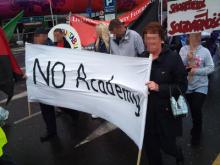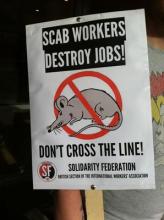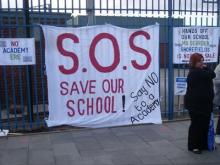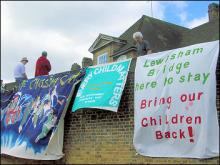FAQ: Opposing Academies and “Free” Schools
What are Academies?
The academy schools program began in 2000 under New Labour. They are state sector schools run independent of local authority control and with a private sponsor. Less than two ago, there were less than 300 academies in England, but the Academies Act 2010 sought to expand the number of academies and there are now over 1600. Some schools that are deemed 'outstanding' by Ofsted have been ‘fast-tracked’. It is thought that many 'outstanding schools may not even need a sponsor, and might be able to opt straight out of local authority control regardless.






